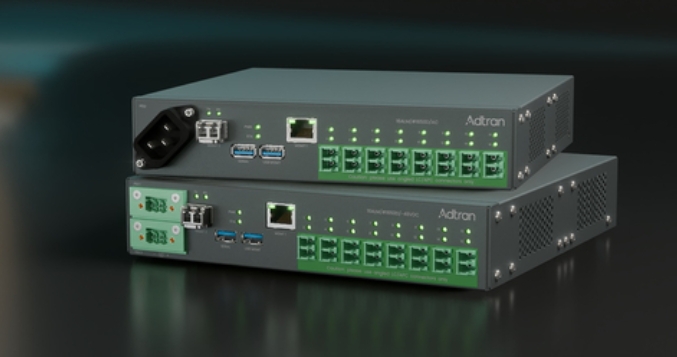Nokia and Furukawa Electric LatAm expand partnership in Brazil to reach data center market
Nokia and Furukawa Electric LatAm today announced they have expanded their partnership to immediately bring high-performance solutions in data center automation to Brazil. Partners since 2022, the two companies will also continue to offer advanced passive optical network technologies to the Latin American business market.
Furukawa will now offer Nokia’s Data Center Fabric solution, which includes high-performance data center switching platforms, running Nokia SR Linux, a uniquely open, extensible and resilient Network Operating System and managed by Nokia Event-Driven Automation (EDA), a modern data center network automation platform that combines speed with reliability and simplicity and provides guardrails that detect errors caused by automation.
Roberto Kihara, General Sales Manager for Furukawa Electric LatAm, said: “We are delighted to be able to extend our partnership with Nokia to offer the most advanced passive optical network technology available. The POL market is very hot in Latin America and we have a lot to achieve together in the region's data center market. Brazil is a promising market and exemplary in terms of investment volume and demand for automation solutions."
Juan Pablo Anadon, Head of Enterprise, Webscale and Partners Sales for Latin America, Network Infrastructure at Nokia, said: “Together with Furukawa Electric LatAm, we are committed to bringing cutting-edge data center technology to the Latin American business market quickly. Our new EDA platform, developed for the AI era, simplifies data center management and can cut down operational efforts up to 40%. Part of our Data Center Fabric solution, EDA is now available in Brazil just two weeks following its global launch, allowing us to work towards our goal with Furukawa to support and advance data center networks in Latin America.”
Nokia is helping cloud builders worldwide to build modern data center networks that are highly reliable, secure and easy to operate – which is essential to meet the growing demands of AI workloads worldwide.





